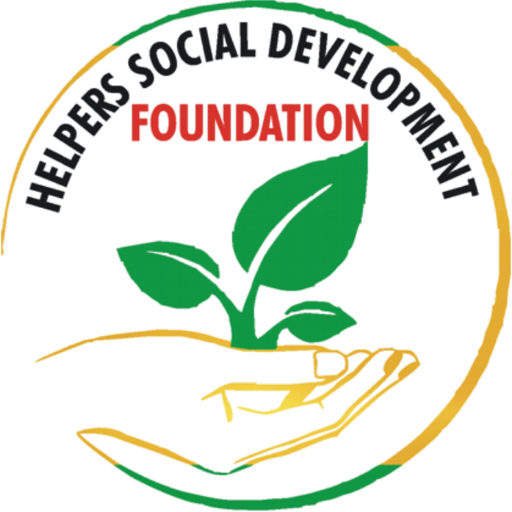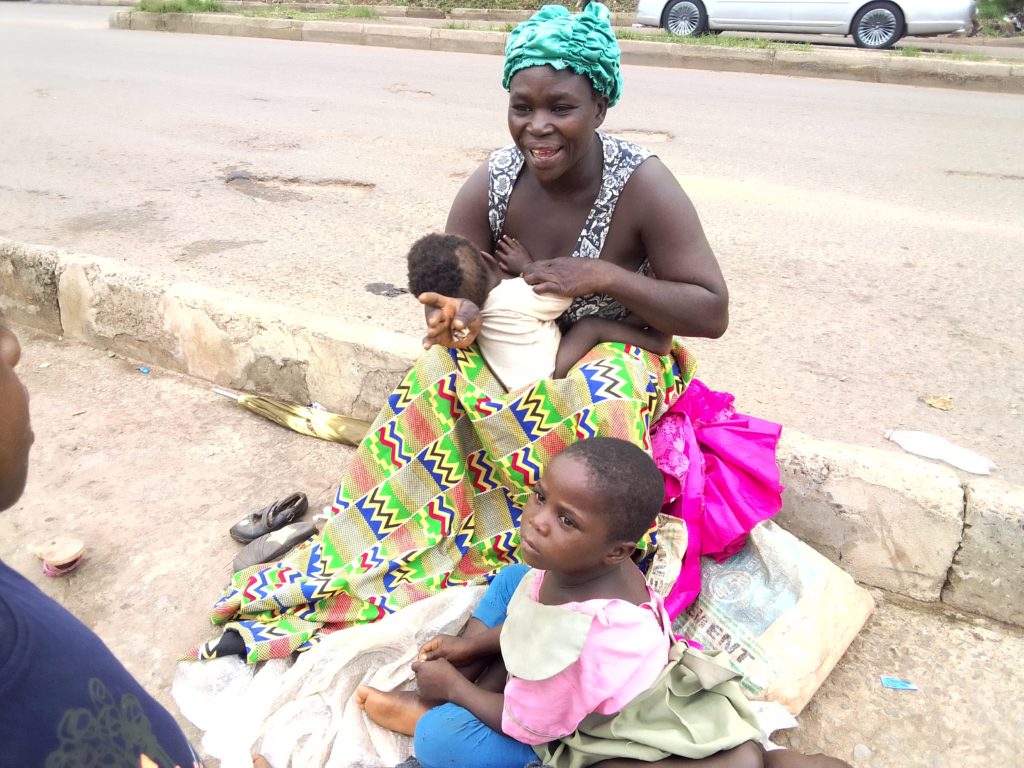This article focuses on the need to provide free education to orphans and less privileged children in Africa.
As Nelson Mandela once said, “Education is the most powerful weapon which you can use to change the world”. Without education, the growth and development of a country often prove difficult. Only through education can people be equipped with the skills necessary for sustainable economic growth and a better quality of life. Success in education often determines the scope and extent of a country’s future growth and development.
Some current Stats from Africa
According to UNESCO – “Of all regions, sub-Saharan Africa has the highest rates of education exclusion. Over one-fifth of children between the ages of about 6 and 11 are out of school, followed by one-third of youth between the ages of about 12 and 14. According to UIS data, almost 60% of youth between the ages of about 15 and 17 are not in school.”
The statistics are indeed staggering. With the poverty rate reaching as high as 72% (in Zimbabwe) followed by 71% in Madagascar and 70% in Nigeria it is evident that if we were to educate the less privileged in such regions of Africa, it needs to be free of cost.
Read also: How Cryptocurrency Can Help Develop Africa
Education is a human right
The Universal Declaration of Human Rights by the United Nations recognizes education as a fundamental human right for everyone. It recognizes that Quality education can ensure the development of a fully-rounded human being. There is much evidence to prove that education is one of the most powerful tools in lifting socially excluded children and adults out of poverty and into society. UNESCO data shows that-” if all adults completed secondary education, globally the number of poor people could be reduced by more than half.”
As Education offers so much to an individual, it is rightfully acknowledged as a Human Right and hence should be made available for anyone without any barriers just like other Human rights there should be equal opportunities and universal access.
According to UNESCO Right To Education entails free, compulsory, and Universal Primary Education at the forefront. Because primary education sets up the base that can be built further.
Education as a gateway out of poverty:
It is a known fact that education can act as a gateway out of poverty. According to research done by the Bureau of Labor Statistics (BLS), the average earnings become high and the level of unemployment falls, with each education level acquired. Education, especially Higher education, impart skill and knowledge in learners that help them become employable. It is crucial for developing human capital and driving economic growth in developing nations, including Africa.
Research has shown that adolescents without feasible schooling or employment opportunities are more likely to be involved in crime and illicit activities or to engage in conflict. Post Primary education programs provide a pathway for transitioning large numbers of youth into employment opportunities and brighter futures. Hence, investing in young people is critical for Africa’s future both economically and socially. Providing free education will be a step towards empowering the underprivileged. It is the first step that can help break the cycle of poverty.
Read also: 4 Actionable Ways You Can Help Hungry Children and Families in Africa
The way forward
After the launch of the United Nations Millennium Development Goals (MDGs), in 2000, countries in the African region have focused on enrolling more children in primary school, and on enrolling boys and girls in equal numbers but we are far from reaching the desired numbers. It can be attributed to several factors, including -poor economic policies; corrupt governments; frequent civil and regional conflicts; environmental challenges, etc. Much is said by the government, but implementation and action are way behind the needs of the youth.
As discussed in the paragraphs above, Education is a fundamental right and is a key towards a much-improved future and hence every possible attempt should be made to make it accessible to the needy. Education provides a second chance in life; A chance to improve and step towards prosperity.
Needs to provide free education to orphans and less privileged children in Africa

